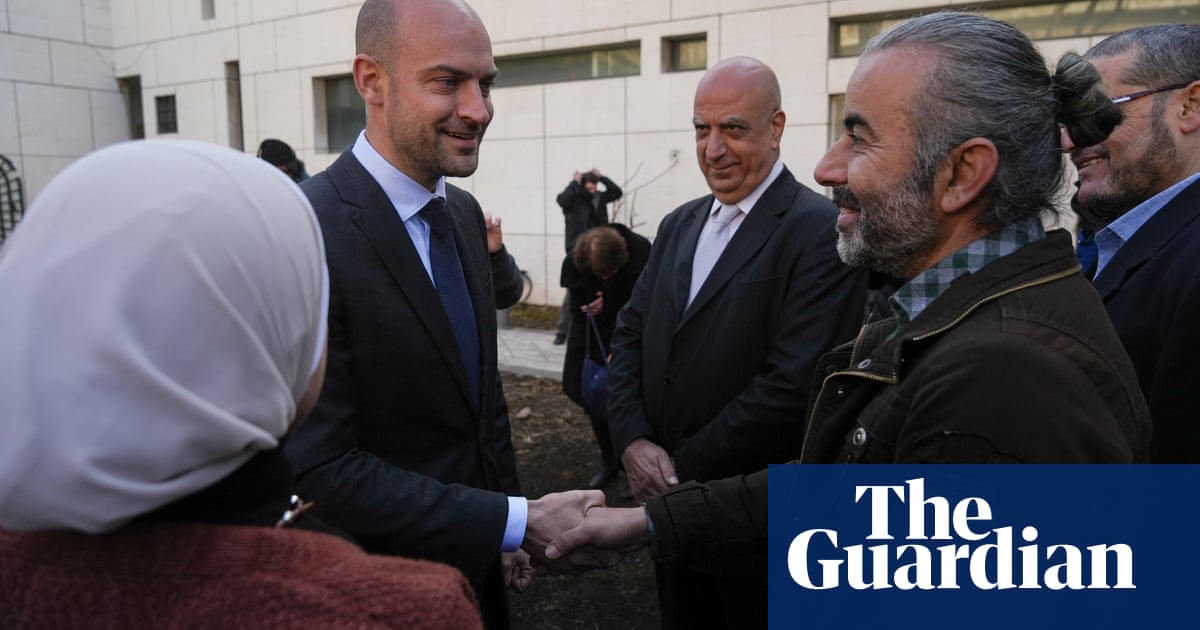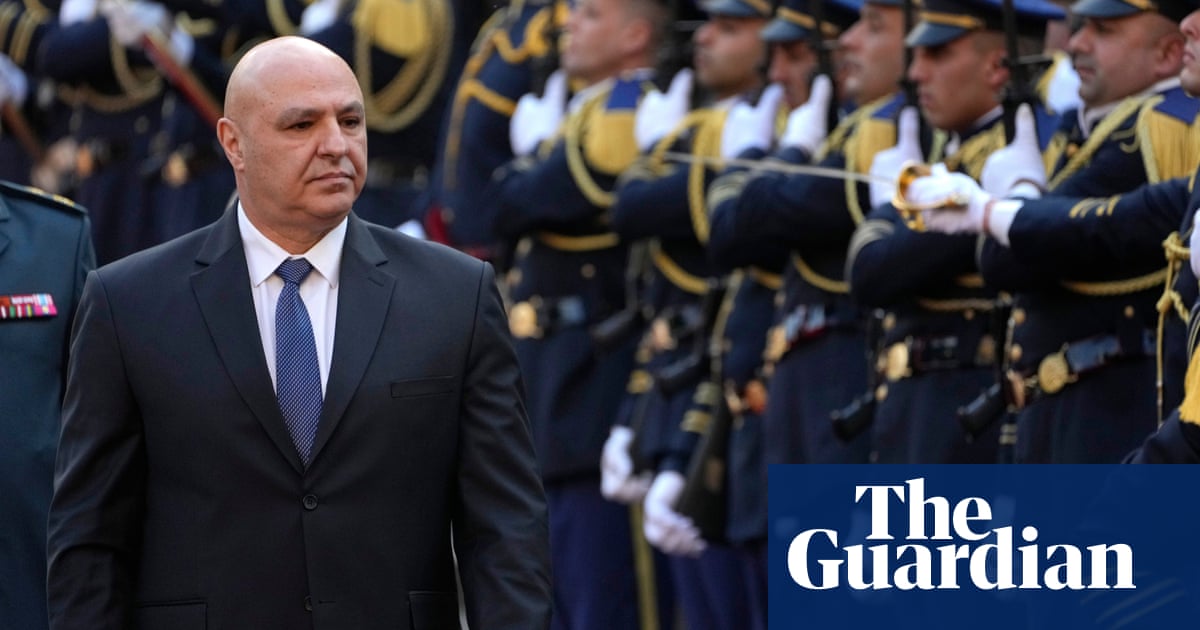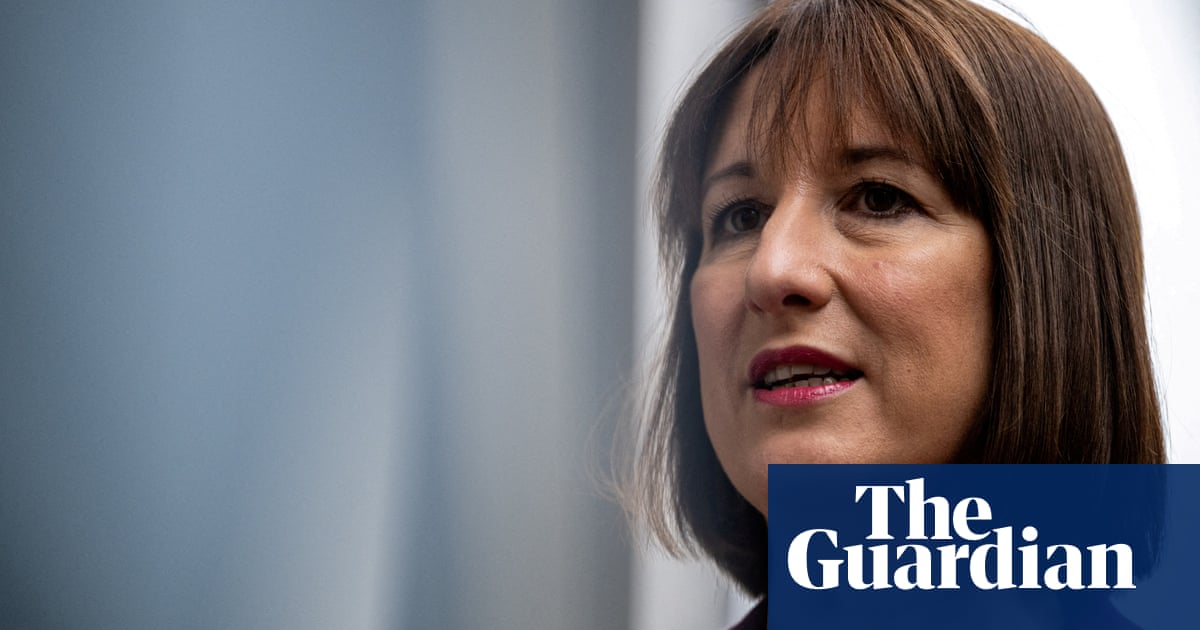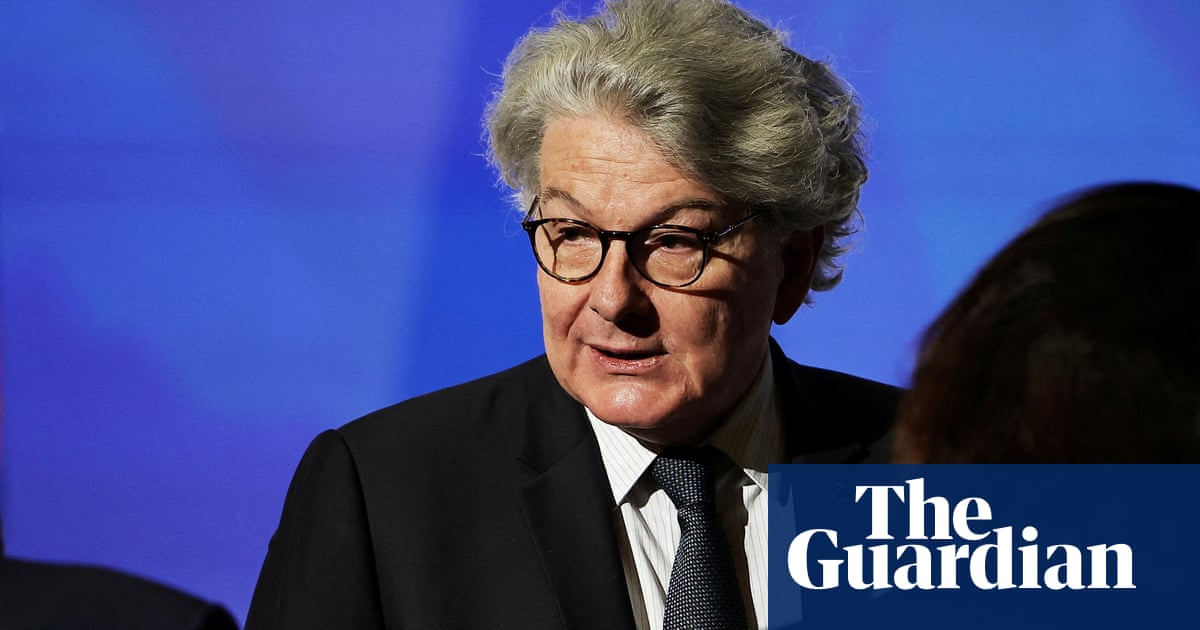The foreign ministers of France and Germany are to meet Syria’s de facto leader, Ahmed al-Sharaa, in Damascus in the highest-level visit by major western powers since rebels toppled the regime of President Bashar al-Assad last month.
Jean-Noël Barrot and Annalena Baerbock, who arrived separately in the Syrian capital on Friday, would hold talks with the head of the Islamist group Hayat Tahrir al-Sham (HTS) on behalf of the EU, their ministries said.
The diplomats visited Syria’s notorious Sednaya prison complex in the morning and also planned to meet representatives of Syrian civil society, as western allies cautiously open channels with Syria’s new rulers after 13 years of civil war.
Baerbock said: “My trip today – together with my French counterpart and on behalf of the EU – is a clear signal to the Syrians: a new political beginning between Europe and Syria, between Germany and Syria, is possible.”
She said in a ministry statement that Germany wanted to help Syria become a “safe home” for all its people and a “functioning state, with full control over its territory”, adding that despite scepticism about HTS “we must not miss this opportunity to support the Syrian people”.
Baerbock asked the new rulers to avoid any “acts of vengeance against groups within the population”, to avoid a long delay before holding elections, and to avert attempts to Islamise the judicial and education systems.
In a social media post, Barrot said the two EU heavyweights “stand together alongside the Syrian people in all their diversity” and want a “peaceful transition”. In Damascus, he expressed “fragile” hope for a “sovereign, stable and peaceful” Syria.
HTS, a Sunni Muslim group previously affiliated with al-Qaida and Islamic State, is still designated a terrorist organisation by numerous national governments but has assured the international community it aims to govern on behalf of all Syrians.
Having led the offensive that toppled the Assad family’s brutal, decades-long rule, the group’s senior figures, who dominate Syria’s interim authorities, now face the task of rebuilding the country’s decimated state institutions.
Major questions remain about whether minority rights in Syria’s multi-ethnic society will be properly guaranteed, as well as over continuing foreign influence in a country where states including Turkey and Russia have strong and competing interests.
French diplomatic sources said Barrot visited the French embassy, which has been closed since 2012. He met the Syrian staff who maintained the facilities and reaffirmed the need to work towards re-establishing diplomatic representation.
after newsletter promotion
Baerbock said she was travelling to Syria with an “outstretched hand” as well as “clear expectations” of the new rulers, who she said would be judged by their actions. “We know where the HTS comes from ideologically, what it has done in the past,” she said. “But we also hear and see the desire for moderation and for understanding.”
Western allies were committed to ensuring Syria’s internal affairs were not disrupted by outside influences, she said, and called on Russia to leave its military bases in Syria.
Sednaya prison, not far from the capital, was the site of extrajudicial killings, torture and forced disappearances, and epitomises the atrocities committed by the Assad regime against its opponents.
Reuters and Agence-France Presse contributed to this report
Article by:Source Jon Henley























